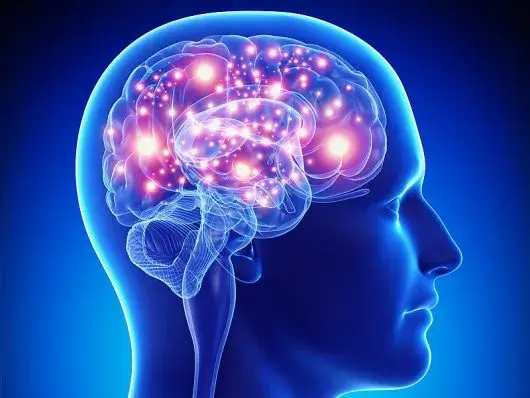Table of Contents
What is Epilepsy?
Epilepsy, sometimes known as a “seizure condition,” is a set of neurological illnesses of varied forms and severity marked by recurring seizures.
Epilepsy is a chronic neurological brain illness that affects about 50 million individuals. Seizures are short periods of uncontrollable movement that can affect either a part of the body (partial) or the entire body (generalized), which comes along with loss of awareness and control of bowel or bladder function.
What Causes Seizures?
Electrical discharges cause seizures in a group of brain cells. Such shots can occur in many areas of the brain. These jerks range from momentary attention lapses or muscular jerks to severe and sustained convulsions. The frequency of seizures can also vary, from fewer than one per year to many per day. Doctors consider two or more unprovoked attacks to diagnose epilepsy.
Epilepsy is associated with fear, misunderstanding, prejudice, and societal shame. This stigma persists in many countries today, affecting the quality of life for persons living with the condition and their families.

Sign & Symptoms
Epilepsy disturbs every process your brain regulates since aberrant brain activity causes epilepsy. Seizure symptoms and indicators may include:
- Temporary bewilderment
- A bout of gazing
- Muscle spasms
- Jerking motions of the arms and legs that are uncontrollable
- Consciousness or awareness loss
- Fear, anxiety, or a sense of déjà vu are psychological symptoms.
- Depending on the specific type of seizure, these symptoms can differ. A person with epilepsy will often experience the same attack each time; therefore, the symptoms will be the same from episode to episode.
Challenges
Mood Changes
Many people with epilepsy suffer adverse changes in their moods. Researchers have observed a relationship between mood problems and epilepsy for over 2,000 years in many studies. Studies found a clear connection between bipolar disorder and epilepsy. It is also frequently related to depression and anxiety. Therefore, the linkage between seizures and mood problems is now clarified.
Sleep Issues
A healthy night’s sleep is essential to your entire well-being. Several types of research have shown that sleep problems and disturbances are widespread among people with epilepsy. Seizures may occur more frequently if you don’t get enough sleep.

Memory Issues
According to studies, persons with epilepsy forget things faster than others. In rare cases, one just heard something and does not remember. A decreased ability to store or merge new knowledge causes this quick forgetting.
Social Life
One of the most significant concerns for persons with epilepsy and their families is how it affects their daily lives.
People who have well-controlled seizures may have new challenges or worries. Having a lot of attacks and using seizure drugs can also affect how people think, feel, and cope with the effects of their epilepsy.
Treatment
Antiepileptic medicines (AEDs), nutrition treatment, and surgery can treat epilepsy. The first line of treatment for people with many seizures is medication. Some people who experience only one attack and whose testing shows no significant chance of seizure recurrence may not require prescriptions. The medications only treat the symptoms of epilepsy (the seizures), not the underlying illness. They are pretty successful and control seizures in most patients (about 70%). The medications reduce the likelihood of brain cells sending out excessive and erratic electrical impulses.
Anti-epileptic medications (AEDs)
There is no method for determining which seizure treatment to use for a specific patient. There are no single medicines that are more effective.
Doctors and patients choose AEDs after assessing which adverse effects we should avoid in specific instances, ease of use, cost, and medical experience.
They aid in the control of seizures in about 7 out of 10 patients. The function of AEDs is to change the brain’s chemical levels. They do not treat epilepsy, but they can prevent seizures from occurring.

Side Effects
Every seizure medication can produce tiredness, dizziness, unsteadiness, blurry vision, stomach discomfort, headaches, decreased susceptibility to colds, and memory and cognitive issues.
Different epilepsy medications have different types of side effects. To learn about the most common side effects associated with your medication.
Just because a particular side effect is common with your medication does not guarantee that it will occur to you. Many people experience few or no side effects.




Informative.. 👌
Good info
my aunt is having epilepsy 😢 this is surely helpful for her